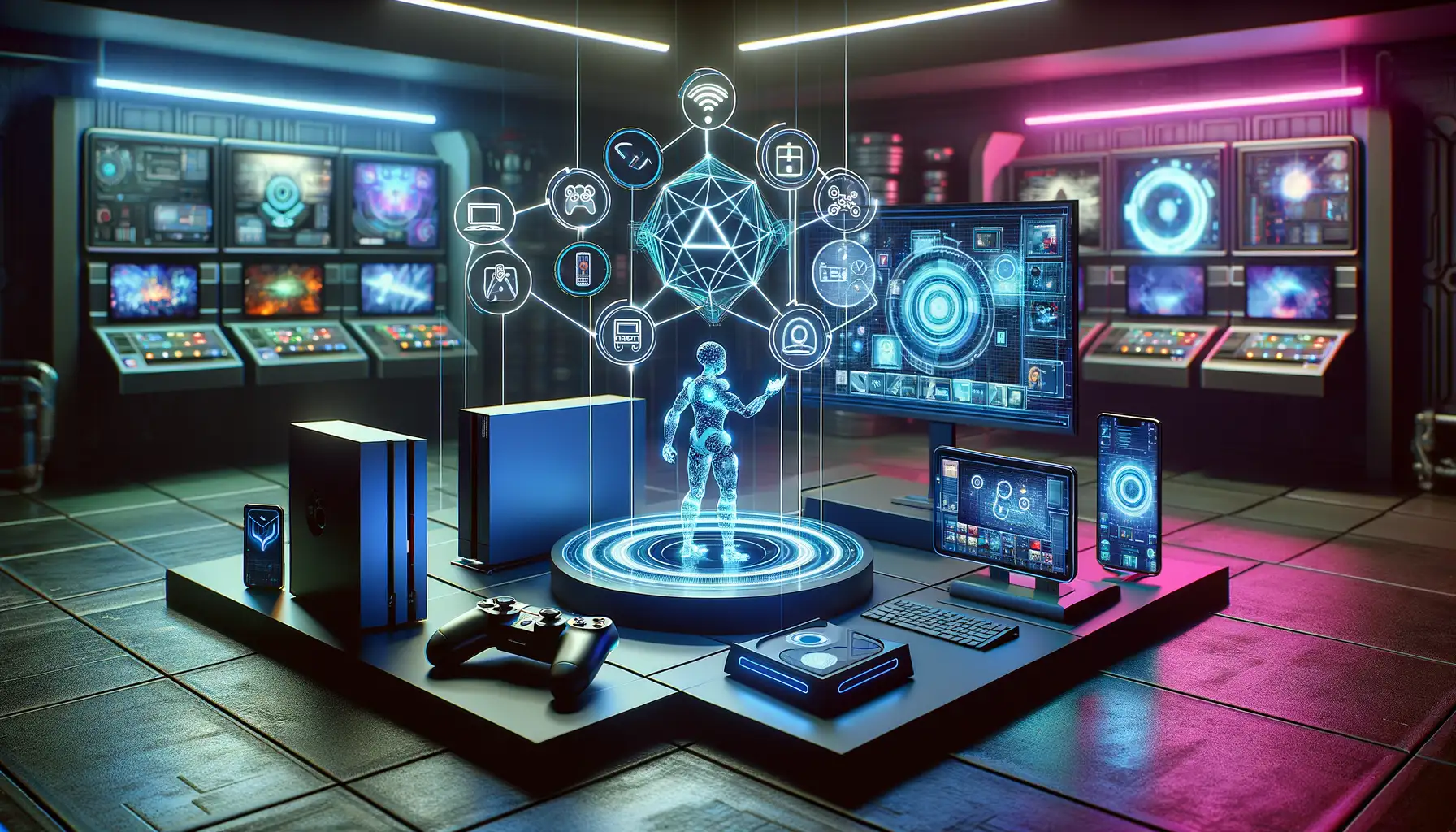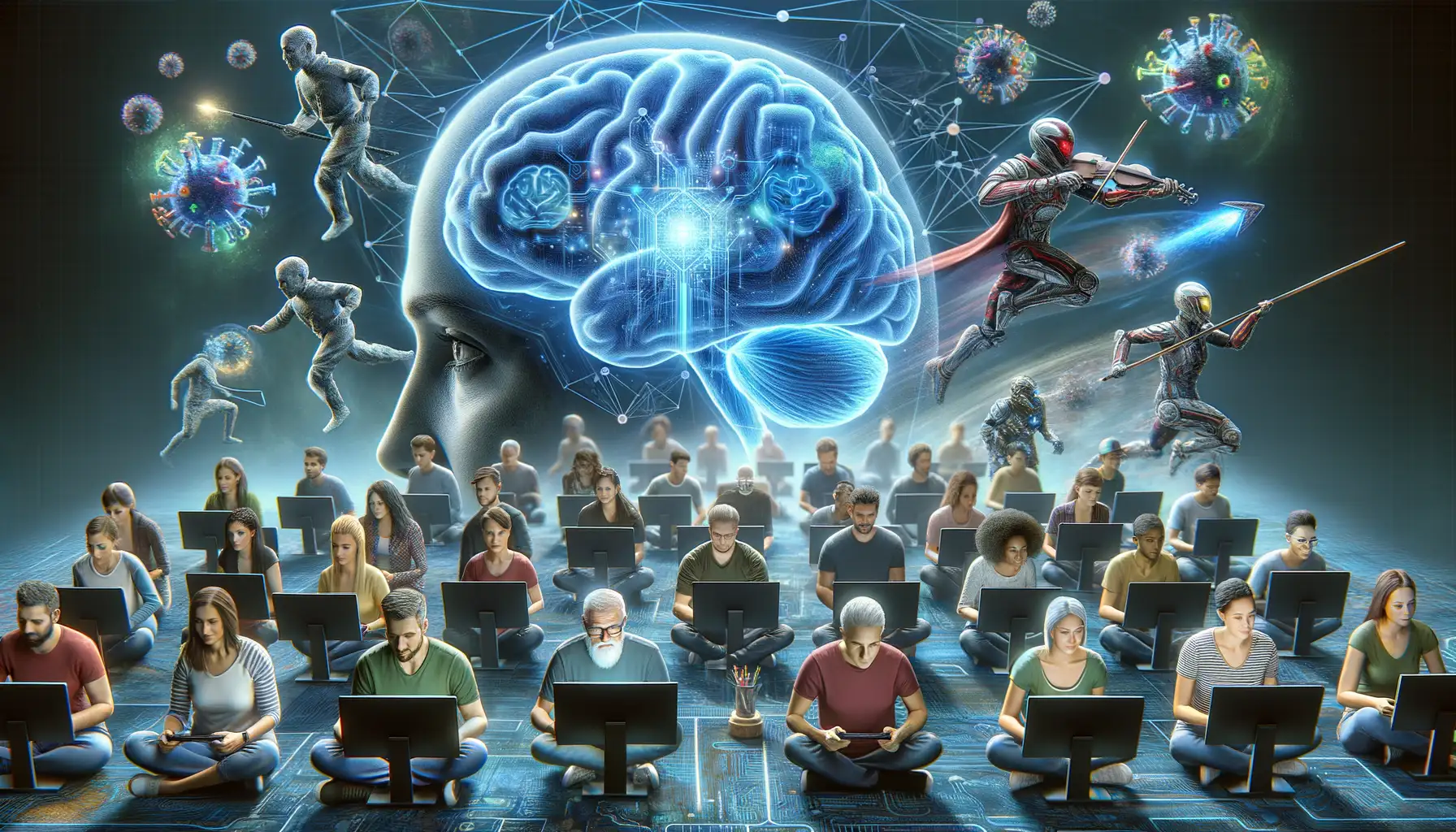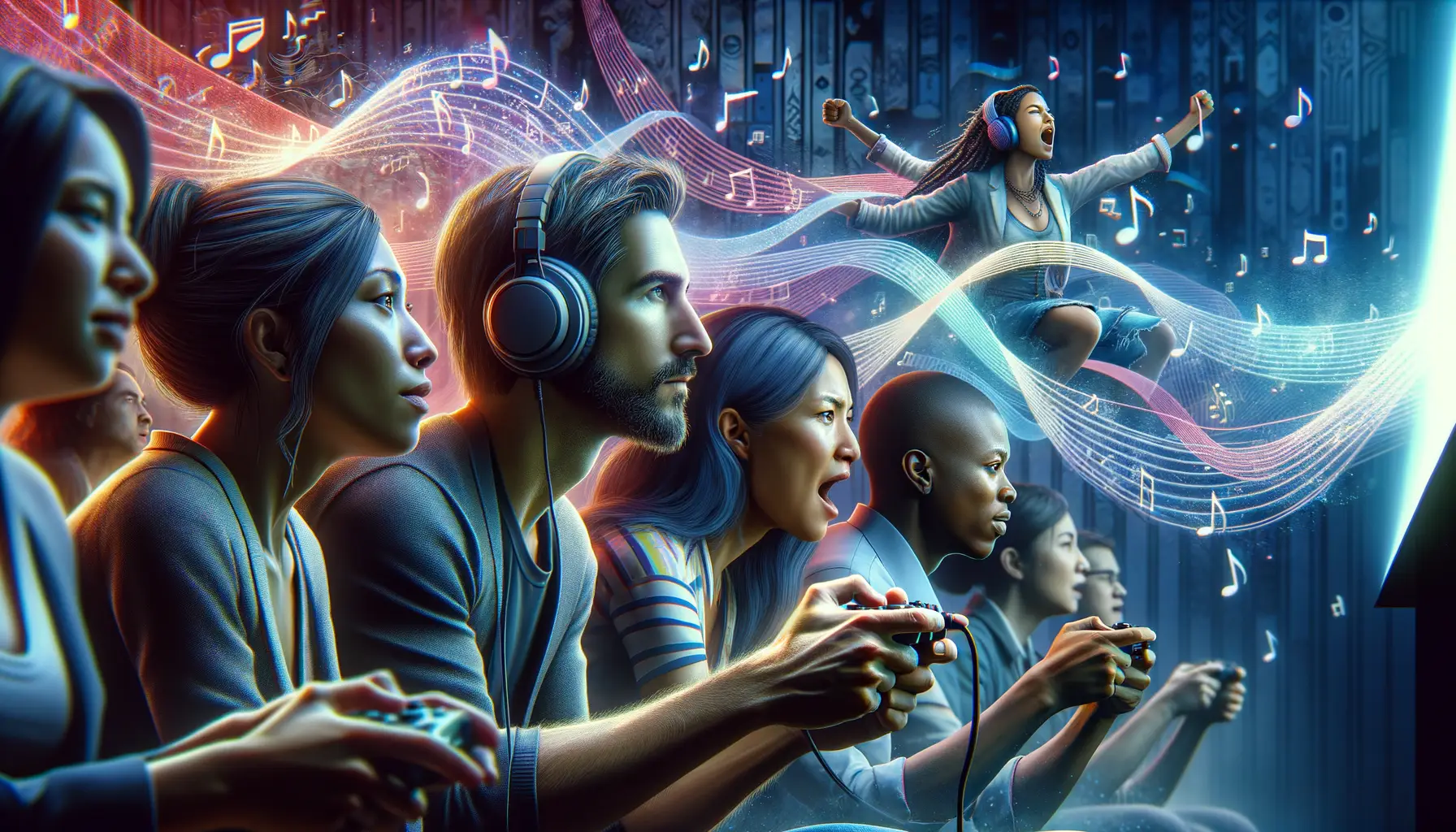Introduction to AI in Video Games
What Makes AI a Game-Changer?
Imagine stepping into an enormous, living world where every character seems to have their own life, quirks, and reactions tailored just for you. That’s not magic—it’s the power of Artificial Intelligence. In modern video games, AI is no longer confined to predictable enemy movements or basic decision-making. It has evolved into a dynamic force capable of creating deeply immersive experiences.
Take open-world games like The Elder Scrolls: Skyrim or The Witcher 3. Non-playable characters (NPCs) don’t just stand there waiting to deliver pre-written lines. They walk around, engage in side activities, and sometimes surprise you with unique interactions. This unpredictability breathes life into these virtual worlds, blurring the line between simulation and reality.
- AI-driven opponents that adapt to your skills, keeping the challenge fresh.
- Procedural generation that creates unpredictable maps, quests, or even entire storylines.
- Companion characters so believable, they start feeling like friends.
With AI, every corner you turn feels like a moment crafted especially for you. It’s the secret sauce behind turning games from mere entertainment into unforgettable adventures. And honestly, who wouldn’t want their own adventure tailored by the hands—er, algorithms—of genius?
AI Techniques and Technologies in Gaming
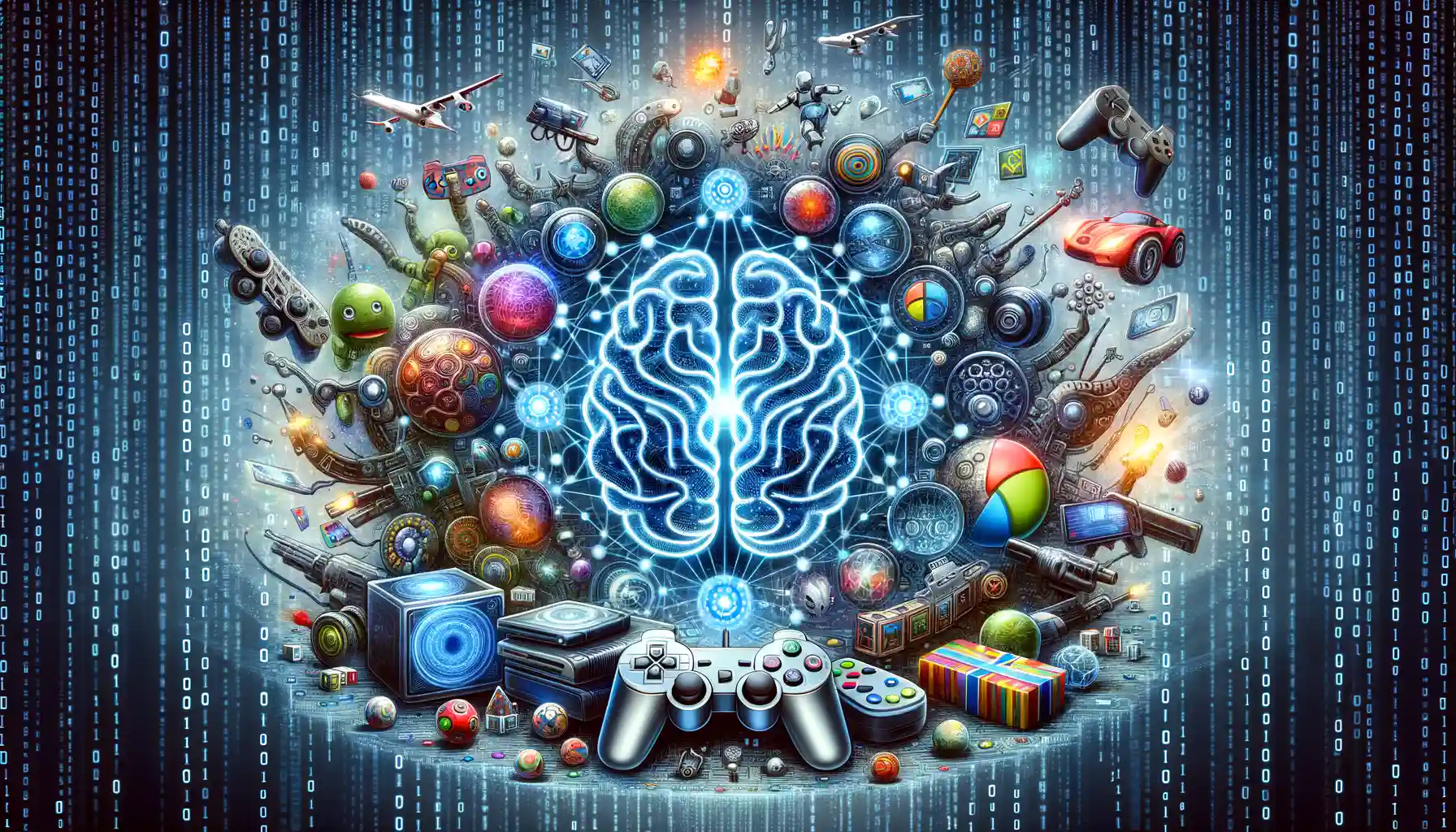
How AI Breathes Life into Virtual Worlds
Picture this: you’re sneaking through a shadowy dungeon, and suddenly, an enemy guard reacts not like a scripted puppet but as if they genuinely spotted you. That’s the magic of today’s AI-powered gaming! Modern games use cutting-edge AI techniques to add layers of unpredictability and realism, making every encounter feel fresh and personal.
One powerful tool is behavioral modeling. AI analyzes your playstyle—are you stealthy, aggressive, or unpredictable?—and adapts enemies accordingly. So that boss fight? It’s not just harder; it’s smarter. And ever noticed how some NPCs (non-playable characters) feel eerily human? That’s thanks to procedural storytelling, where AI generates dialogue, reactions, and quests unique to your journey. No two players experience the exact same story!
- Pathfinding: Think fluid enemy movement in games like “The Last of Us”. No more clunky, clueless AI bumping into walls.
- Neural Networks: Machines learning to outsmart you in strategy games like “Civilization VI” by studying past plays.
AI doesn’t just play along—it’s the hidden puppeteer, orchestrating chaos, drama, and breathtaking moments you’ll rave about for years. Why settle for predictable when your enemies can plot twists, too?
Impact of AI on Player Experience
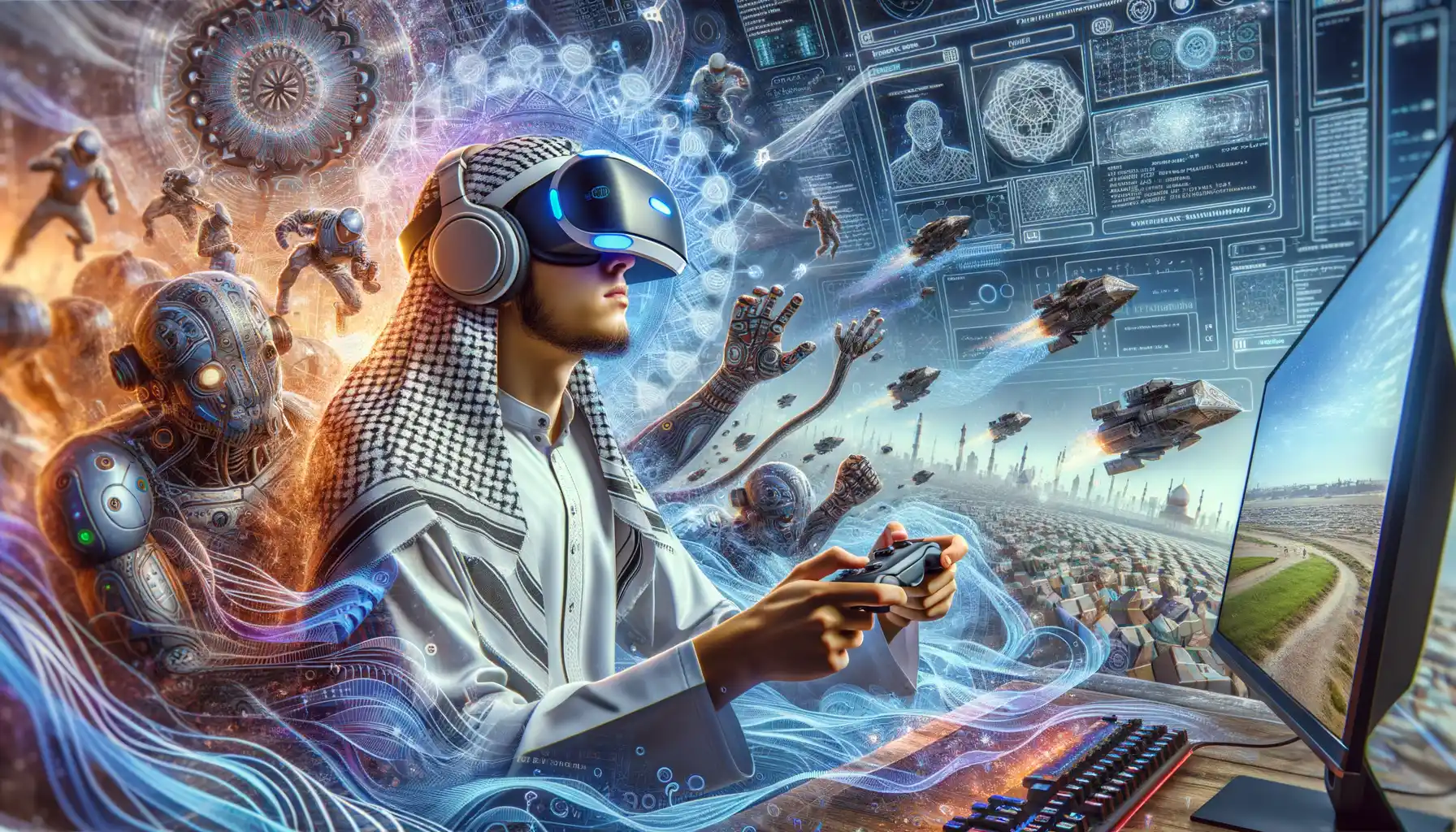
AI: Your Silent Co-Op Partner
Imagine stepping into a game where every NPC you meet feels alive—reacting to your choices, adapting to your playstyle, and even remembering your past actions. That’s not magic; that’s the power of artificial intelligence. AI has become the player’s silent co-op partner, reshaping how we experience games on a deeply personal level.
Take open-world games like The Elder Scrolls V: Skyrim. Without AI, NPCs would stand like statues, endlessly reciting canned lines. With smart algorithms? That shopkeeper subtly changes their tone after you steal from them, or your rival faction starts ambushing you in just the right spots. It’s as if the game is reading your mind—that’s storytelling powered by machine learning.
- Enemies that learn your attack patterns, forcing you to change strategies.
- Dynamic environments where weather or terrain responds to your decisions.
- Personalized quests tailored to your preferences and gameplay flow.
Games That Feel Like They’re Watching You
A real turning point lies in games like Red Dead Redemption 2, where even your horse gets a dose of AI personality. Treat it poorly? It resists commands. Care for it tenderly? It forms a bond with you. These moments don’t just add realism; they create emotional ties that linger long after the screen fades to black.
Ultimately, AI bridges the gap between scripted gaming and true immersion. It’s not just about playing a game anymore; it’s about feeling like the game is playing *with you*.
Challenges and Ethical Considerations of AI in Games
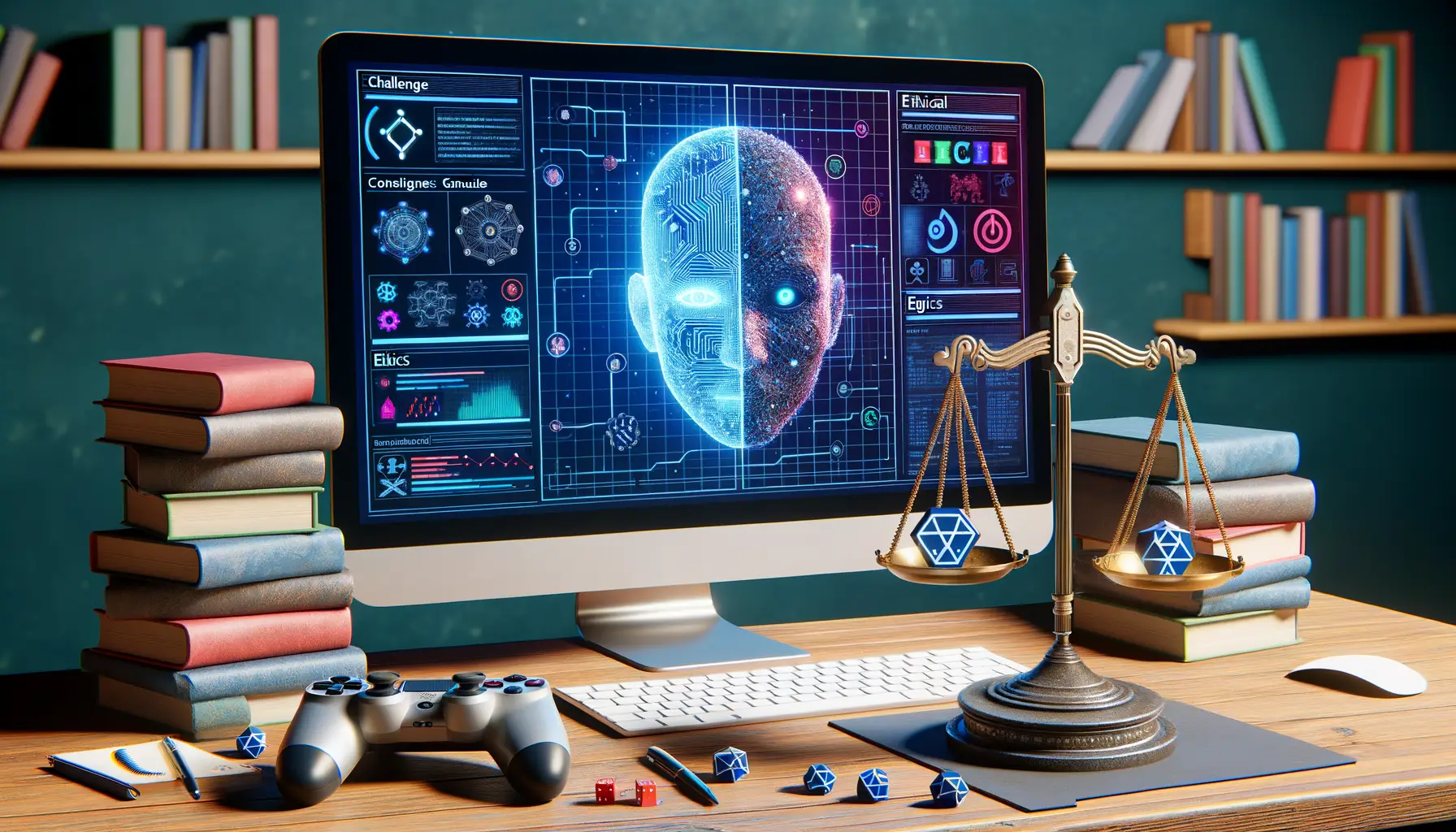
A Delicate Balancing Act: Fairness and Responsibility
AI in video games isn’t all sunshine and power-ups—it comes with its fair share of boss-level challenges. One persistent issue? Bias and fairness. AI systems reflect the data they’re trained on, and if that data has prejudices buried within, it can manifest as unfair representation or treatment in-game. Imagine your AI companion always favoring one player style over another. Frustrating, right? Developers must ensure their systems are inclusive, catering to a diverse audience.
But wait, there’s more. What about player control? Players love the freedom to explore and make choices, yet overly aggressive AI could smother creativity. For example, an NPC that tracks your every move too perfectly turns from an ally into a creepy stalker.
- Privacy concerns: AI can enhance experiences by learning from player data, but where do we draw the line? Is analyzing every decision ethical?
- Exploitation fears: Microtransactions powered by AI algorithms can feel manipulative—pushing you toward spending money rather than savoring the adventure.
Navigating these challenges requires vigilance and empathy. Game developers face tough decisions: How much AI is too much? Where does innovation blur into exploitation? It’s an ever-shifting landscape.
Future Trends of AI in Video Game Development
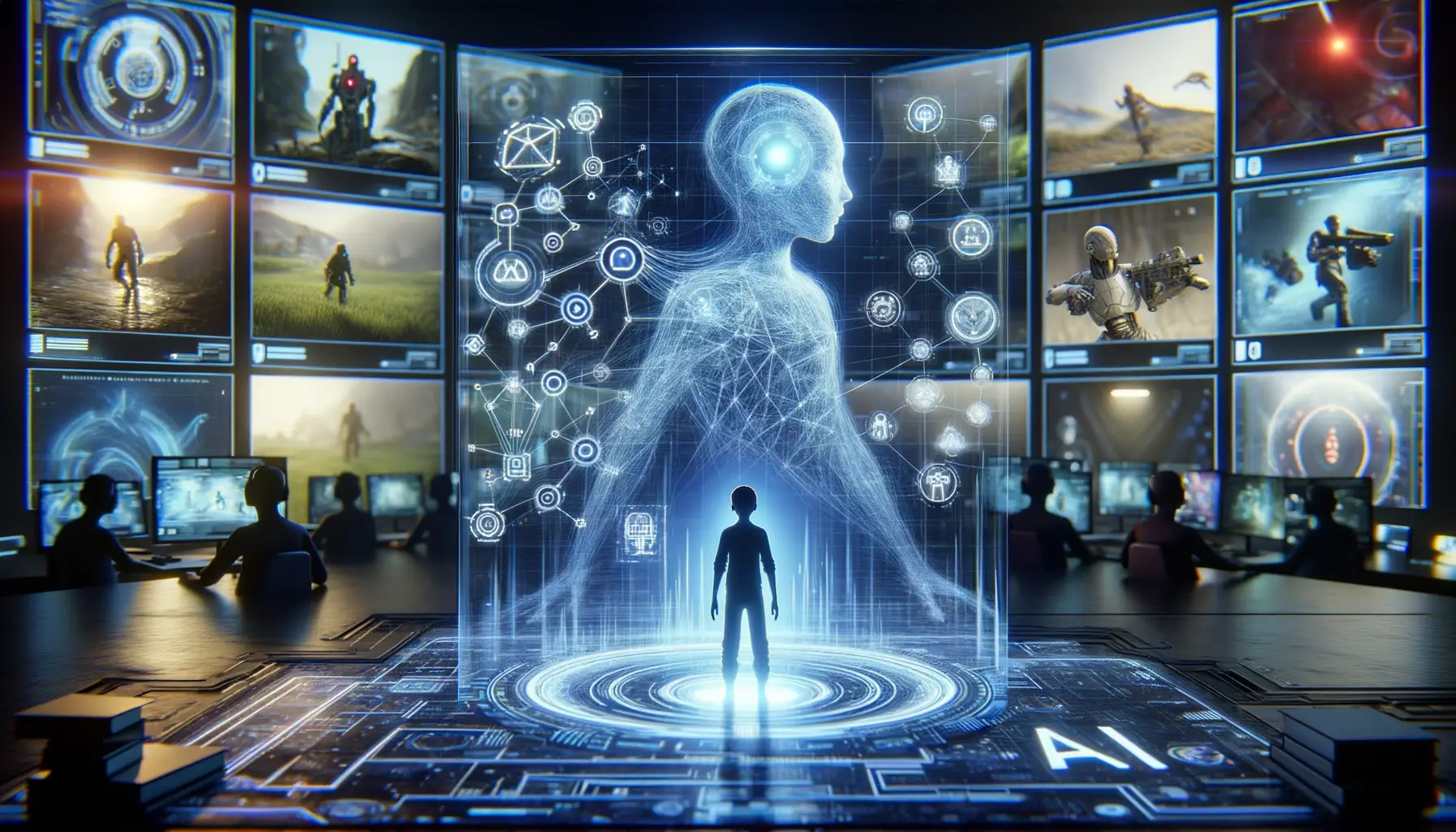
AI as the Co-Creator of Your Gaming Worlds
Picture this: in the not-so-distant future, video games won’t just be designed *for* you—they’ll adapt and evolve *with* you. Thanks to advancements in AI-driven procedural generation, we’re entering an era where game worlds are essentially infinite, dynamically restructured based on your playstyle. One moment, you’re exploring a tranquil forest, and the next, the AI conjures a hidden cavern filled with treasures it “knows” will catch your eye. It’s like having a personal dungeon master who never runs out of imagination.
And let’s talk about NPCs for a second—those loveable companions or relentless foes. Soon, AI NPCs may become scarily lifelike. They’ll remember your past choices, react to subtle emotional cues, and even hold meaningful back-and-forth conversations. Need a rival who taunts you just enough to get under your skin? The AI will craft one on the fly, tailor-made for YOU.
- Emotional AI systems: Games might soon detect and respond to your mood in real-time, offering challenges or ease based on how stressed (or thrilled!) you seem.
- Collaborative AI tools: Developers could use machine learning to co-design levels or create narrative arcs that feel entirely unique every time.
The future of gaming isn’t just exciting—it’s about making you feel like the *main character* every step of the way.

